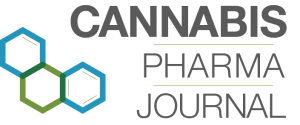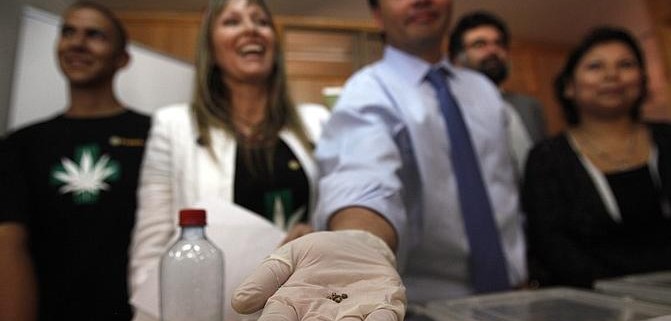CannapharmaRx, aka Golden Dragon Holding Company (Stock symbol GDHC) and its CFO sued by Co-Founder, major Shareholder, and Member of the Board of Directors
Tampa, Florida – Gary M Cohen, BSPharm, RPh, CSP, the founder and visionary of the CannapharmaRx, Inc., filed a lawsuit against the corporation, and its CFO, Mr. Gary Herick.
The suit alleges that Gary Herick, and the company’s board of directors breached their fiduciary responsibility to the company, its employees and shareholders. Additional counts alleged in the suit include equitable accounting, breach of duty of good faith, duty of loyalty & duty of care, abuse of control, conversion, misappropriation of business opportunities, and defalcation.
Cohen filed an additional derivative suit (under F.S 607.07401) on behalf of the CannapharmaRx Corporation. The lawsuit alleges that the Boards failure to remove Herick, after he would not provide shareholders with any accounting or financial documents is a breach of their fiduciary duties. Cohen alleges that the Board ignored requests for Herick’s resignation, as well as other requests for accountability that were in the best interests of its shareholders. The suit further alleges that the wrongful conduct was not due to an honest error in judgment, but rather to Defendant’s gross mismanagement, bad faith and/or reckless disregard of the rights and interests of the corporation, its shareholders, and for acting without the reasonable and ordinary care which they owed the corporation.
Cohen has also sued for breach of written contract, breach of oral contract, and wrongful termination & retaliatory personnel action in violation of Florida’s Whistleblower Act at §448.102(3), Florida Statutes.
According to Cohen, “I have been trying for months to get this company moving in the proper direction, but the lack of cooperation and irresponsibility keeps mounting and getting worse. I cannot sit back and watch this company violate Federal Securities and Internal Revenue statutes, as well as violations of Sarbanes Oxley rules. Cohen alleges that he tried to regain control of the Board of Directors, but Herick maintains a firm control of it, and has unfairly influenced the Board members with stock and other perks to support Herick. “I will continue to attempt to regain control of the company, and steer it to its original mission and vision,” Cohen stated. Cohen plans on making all emails and corporate documents available to all shareholders for review.
For a full copy of the suit, see Hillsborough Court # 14-CA-010970
email: [email protected]
Contact Gary M Cohen 813 416 5300




